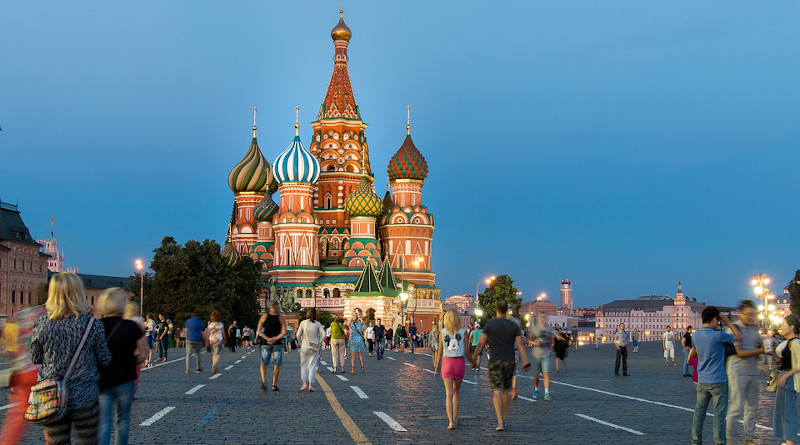Putin’s War Economy Leading To Decline In Russians’ Standard Of Living – OpEd
By Paul Goble
Between the fourth quarter of 2021 and the first quarter of 2022, the number of Russians classified by the Russian government as poor rose by 8.5 million, according to Russian government statistics, Maksim Blant of Radio Liberty reports (svoboda.org/a/armiya-bednyh-kak-voyna-vliyaet-na-urovenj-zhizni-rossiyan/31895963.html).
Russian analysts point to the fact that in the fourth quarter, many Russians receive bonuses which meant that incomes then were higher than they would otherwise be, a factor that explains part of this rise. Others point to inflation, the result both of a decline in imports as a result of sanctions and the absence of domestically produced goods.
But there is a larger factor which seldom gets much attention. The decline in the standard of living in Russia is “not only connected with international sanctions but with the war itself.” For the Russian economy to produce substitutes or more of what it was already producing requires not just investment by people.
Under war conditions, many firms that might like to produce more and sell more can’t because they cannot find enough workers. Not only do they have to compete with the increased number of people hired by the military-industrial sector but also with the number of people called into the military.
That means that the Russian economy can’t satisfy demand, and those with the least amount of money consequently fall into poverty because prices are going up or goods aren’t available at all. And that in turn means that many people are falling into the category of the poor not because of sanctions but because of the nature of Russia’ wartime economy.
Russia’s GDP may in this situation actually go up, but the standard of living of Russians will decline with ever more falling into poverty, the result of the fact that the GDP includes spending on the war effort that makes investment in civilian production difficult or even impossible.
As a result, Blant says, Russia is not pursuing import substitution so much as creating a war economy, “in which GDP growth will take place as a result of the lowering of the general standard of living” and an increase in the number of poor people.

